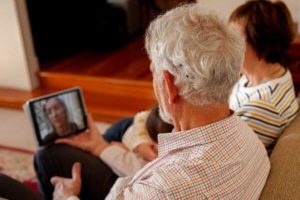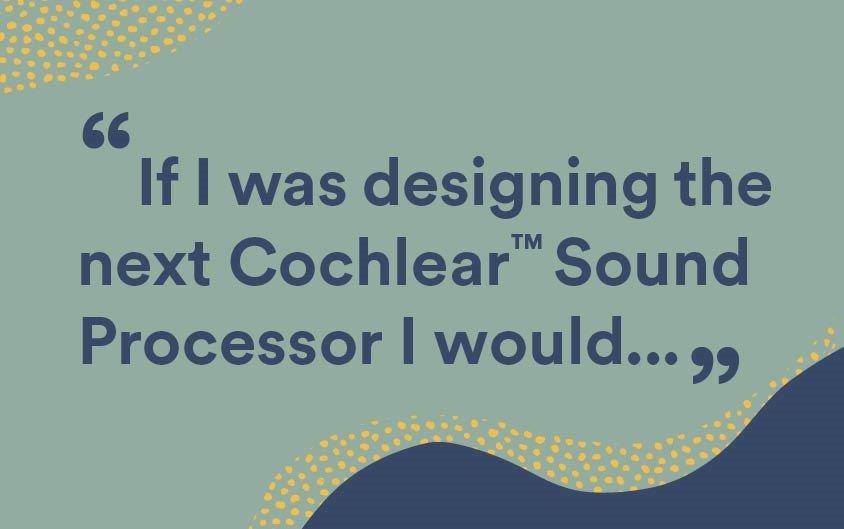Do you perform well on hearing tests in the quiet of an audiologist’s office, but still struggle to hear conversations, for example at a party, when there’s music in the background, or large crowd? We reached out to audiologists for their advice to help you prepare for those noisy holiday get-togethers.
Even if you enjoy good hearing most of the time, rehab can be useful to help you prepare for new situations and environments that you don’t encounter regularly.
Studies show that your hearing ability can continue to improve over time with training, just like training your muscles through exercise.1 It’s also a common misconception that learning to hear again after hearing loss is primarily about your ears.
“People typically think we hear with our ears, and that hearing loss therefore is a hearing issue. We actually hear with our brain, and the ears are the route that the sound takes on its way to the brain, where hearing actually occurs,” says Dr Carol Flexer, a leading audiologist in the USA.
While regaining access to sound with your ears is the first step, your brain must also adjust to electrical hearing and relearn how to recognise the sounds around you. And those sounds change with the seasons, going to new places, meeting new people, and each time you feel confident to try something new!
So, if you are ready to up your social game these holidays, here are some simple tips from audiologists about aural rehab to help you retrain your ears and your brain.
Dedicate time for rehab every day
Audiologists agree that setting time aside every day can help to gain the full benefit of hearing rehab.
Practise with live speakers if possible
Ask a friend or partner to help so you can practise conversational hearing in a live situation. Try sitting next to each other facing the same direction, so you don’t rely on lip-reading. As you get better, consider adding some background music, or going to a café or restaurant at a busier time of day to prepare for those extra holiday challenges.
Focus the practice on your implanted ear
Recipients often do their best if they isolate exercises to their cochlear implant ear. That could mean turning off a hearing aid in your non-implanted ear, or using an earplug if you have good hearing in your non-implanted ear.
Try audiobooks and podcasts
It is beneficial to practise with a wide variety of content types. Try reading aloud from a book or magazine, or listen to an audiobook, podcasts, Ted Talks or YouTube videos. Or watch movies or TV shows with the captions on – the key is to find a hearing activity you enjoy and do it every day.
Looking for more tips and tricks for your aural rehab journey? Visit our website.
Reference
1 Hirschfeld A, Gräbel S, Olze H. The impact of cochlear implantation on quality of life: The role of audiologic performance and variables. Otolaryngol Head Neck Surg. 2008 Mar;138(3): 357-362.




